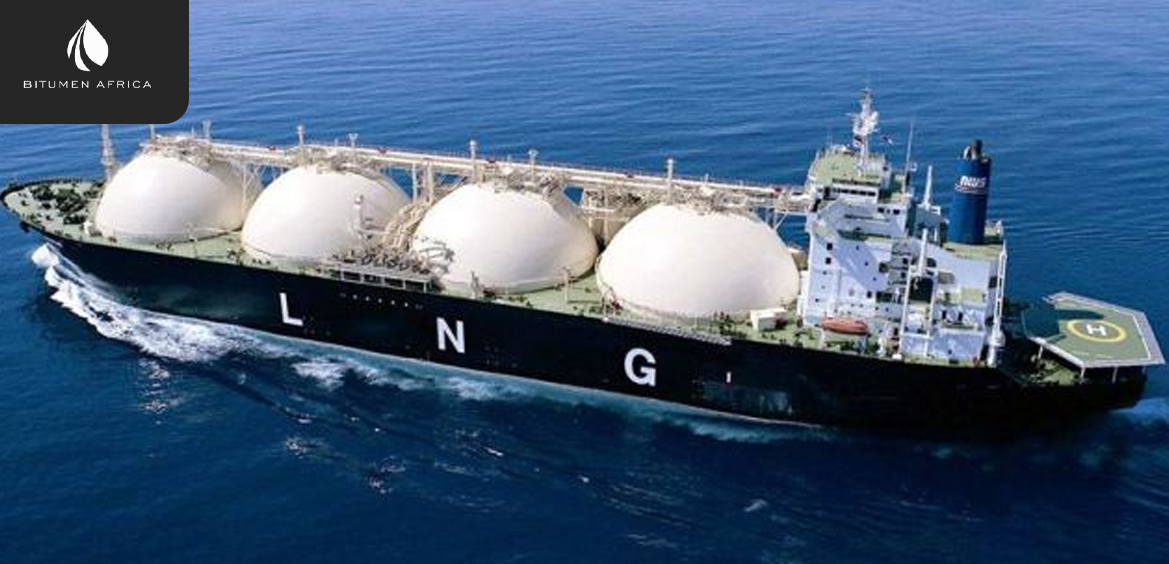Africa is poised to become a key player in the global liquefied natural gas (LNG) market, with production capacity expected to rise sharply as global demand increases. Rystad Energy projects global LNG capacity to surge from 486 million tonnes per annum (Mtpa) in 2023 to 755 Mtpa by 2030, with Africa accounting for around 20% of the 477 Mtpa of projects currently in development. These include under-construction, post-final investment decision (FID), and pre-FID projects, positioning Africa—particularly West Africa—as a crucial region in meeting growing global energy needs.
Nigeria, the continent's leading LNG producer, is expected to increase its exports by 20 Mt by 2030, contributing significantly to Africa’s rising output. To fully tap into its gas reserves and meet both export and domestic needs, Nigeria may need to invest in alternative solutions like floating LNG (FLNG) platforms and smaller-scale projects. However, challenges such as infrastructure limitations and an underdeveloped domestic gas market could hinder these ambitions.
Despite increasing demand, Nigeria has struggled with declining liquefaction rates, falling from 90% in 2018 to just 60% in 2023, mainly due to vandalism and production issues. These disruptions have limited its ability to maintain consistent output and threaten its long-term competitiveness unless addressed promptly. Nevertheless, Nigeria remains a critical driver of West Africa’s LNG expansion, where output is projected to rise by 50% by 2030.
Africa currently holds the world’s highest concentration of FLNG infrastructure, further reinforcing its emerging influence in the LNG market. The continent’s total onshore LNG capacity stands at about 70 Mtpa, roughly 14% of the global total. Nigeria alone accounts for nearly two-thirds of West Africa’s LNG output and over a third of Africa’s total, making it central to the region’s energy future. While Nigeria's strategic location gives it an advantage in supplying Asian and European markets, ongoing issues like pipeline vandalism and oil theft are expected to limit its rise among the top five global LNG exporters.

